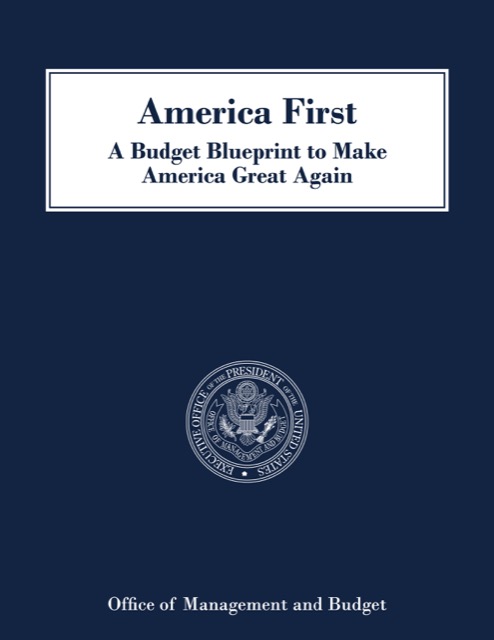“Consumer advocate Ralph Nader, concerned about fake news prevalent on social media sites, believes Congress should weigh in with antitrust legislation targeting Facebook, Google, Microsoft and Apple,” reports the Washington Examiner. Say what? Just what do Microsoft and Apple have to do with so-called fake news? How are any of these companies monopolies? Is Ralph Nader getting senile or was he misquoted?
YouTube has a video of part of his comments that he gave at an event commemorating the passage of the Freedom of Information Act. It doesn’t show the whole event, but it appears that one of the other speakers or someone in the audience said something positive about the role of social media in mobilizing grassroots activism.









